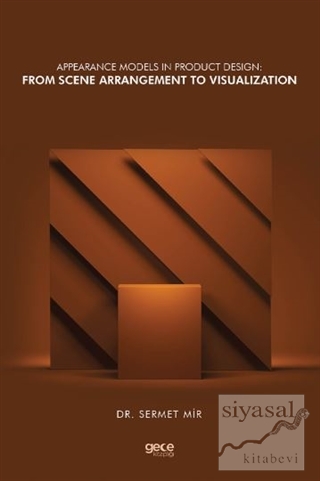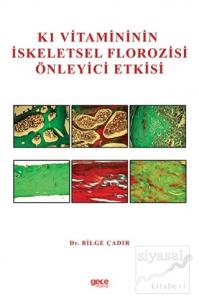
Nowadays, the traditional production approach is shifting towards digitization. This new trend is called as “Fourth Industrial Revolution” or with its popular name “Industry 4.0” which aims to use new technological developments inside the production phase to enhance the efficiency and minimize the costs. Thus, many small or medium sized companies can have a chance in the global competition by implementing the standards of Industry 4.0. An important aspect in this trend is the 3D visualization of the product in a photorealistic way. 3D modeling tools enable the designers to visualize the final appearance of their product based on the appearance models offered in their framework. In addition, special effects or complex details can also added in the simulation.
However, the accuracy of the final image is highly dependent on the appropriate choice of the appearance model since the product's scattering behavior varies according to its physical, geometrical and optical details under sample lighting conditions. Considering this information, this book analyzes the appearance models and their utilization with examples of real-world materials. Moreover, the procedure of sample scene generation is explained, and the visual outputs are shared with the readers of this book using open-source software. Finally, the book focuses on the ongoing studies describing the current challenges and future work that can be investigated. We believe that this book can be used as a guideline for the professionals in 3d modeling and product design and it can lead researchers to solutions for the bottlenecks in computer graphics.
Nowadays, the traditional production approach is shifting towards digitization. This new trend is called as “Fourth Industrial Revolution” or with its popular name “Industry 4.0” which aims to use new technological developments inside the production phase to enhance the efficiency and minimize the costs. Thus, many small or medium sized companies can have a chance in the global competition by implementing the standards of Industry 4.0. An important aspect in this trend is the 3D visualization of the product in a photorealistic way. 3D modeling tools enable the designers to visualize the final appearance of their product based on the appearance models offered in their framework. In addition, special effects or complex details can also added in the simulation.
However, the accuracy of the final image is highly dependent on the appropriate choice of the appearance model since the product's scattering behavior varies according to its physical, geometrical and optical details under sample lighting conditions. Considering this information, this book analyzes the appearance models and their utilization with examples of real-world materials. Moreover, the procedure of sample scene generation is explained, and the visual outputs are shared with the readers of this book using open-source software. Finally, the book focuses on the ongoing studies describing the current challenges and future work that can be investigated. We believe that this book can be used as a guideline for the professionals in 3d modeling and product design and it can lead researchers to solutions for the bottlenecks in computer graphics.




















